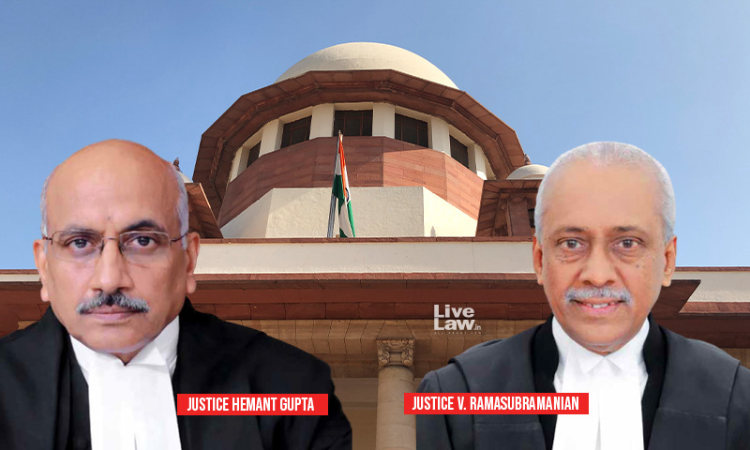Local Unit Of A Registered Society Can't Institute Suit Unless Byelaws Authorise It : Supreme Court
Srishti Ojha
1 April 2022 10:56 AM IST

Next Story
1 April 2022 10:56 AM IST
The Supreme Court has observed that a society registered under the Societies Registration Act is entitled to sue and be sued, only in terms of its byelaws.The byelaws may authorise the President or Secretary or any other office bearer to institute or defend a suit for and on behalf of the society. The fact that the plaintiff in a suit happens to be a local unit or a Sakha unit of a...
